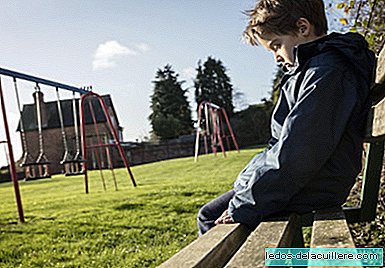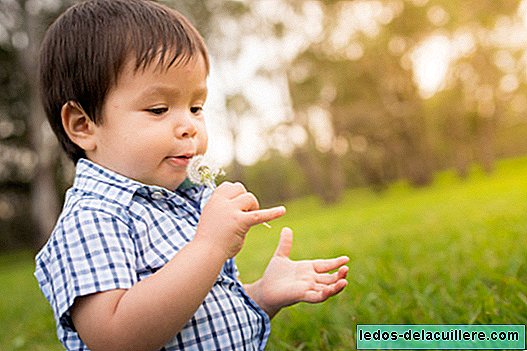
According to the World Health Organization, the global burden of depression and other mental disorders is increasing. Children are not excluded in this generalized increase in depression., a disorder resulting from complex interactions between social, psychological and biological factors.
Although prevention programs reduce depression, it is not always easy to prevent or detect it. At a young age there are certain challenges such as school changes, preparing exams, making new friends, moving ... We, as parents, have to be attentive to the signals that our children give us. Do you face these changes in a positive way? Or do they have difficulties? What to do if I think my child is depressed?
Many children face these challenges and changes without problems. However, for others, adaptation is more difficult and this causes them stress and even depression. Traumatic experiences are especially dangerous for an episode of anxiety or depression to occur.
Depression is a disease that is characterized by certain signs that should put us on alert. The signs and symptoms of depression during childhood they are: persistent sadness, loss of interest in the activities that are normally enjoyed, as well as inability to carry out daily activities, for at least two weeks.
Other symptoms include withdrawal, irritability, excessive crying, difficulty concentrating at school, changes in appetite or sleeping more or less than normal. Younger children may lose interest in playing. Older children may take risks that they would not normally assume.
How to prevent children's depression
The World Health Organization gives us these guidelines for prevent and detect childhood depression, especially if we suspect that there have been changes in the child lately, we see him more stressed or sad ...:
- Talk with the child about things that happen at home, at school and outside of school. Try to find out if there is something that worries you.
- Talk to trusted people who know your child.
- Ask a healthcare professional for advice.
- Protect the child against excessive stress, abuse and violence.
- Pay special attention to your child's well-being during vital changes as a change of school or puberty.
- Encourage your child to sleep enough hours, eat regularly, have physical activity and do things he likes.
- Spending time with your child is one of the best ways to strengthen their self-esteem, vital to prevent psychological problems.
- If the child thinks of hurting himself or has already done so, a trained professional must be sought immediately.
As we see, the keys to prevent childhood depression they are in the pillars of our relationship with the boy and girl and their self-esteem, as well as in good communication. That is why we must always be attentive to the signs they show us and not let go of the suspicions that there is a problem.












